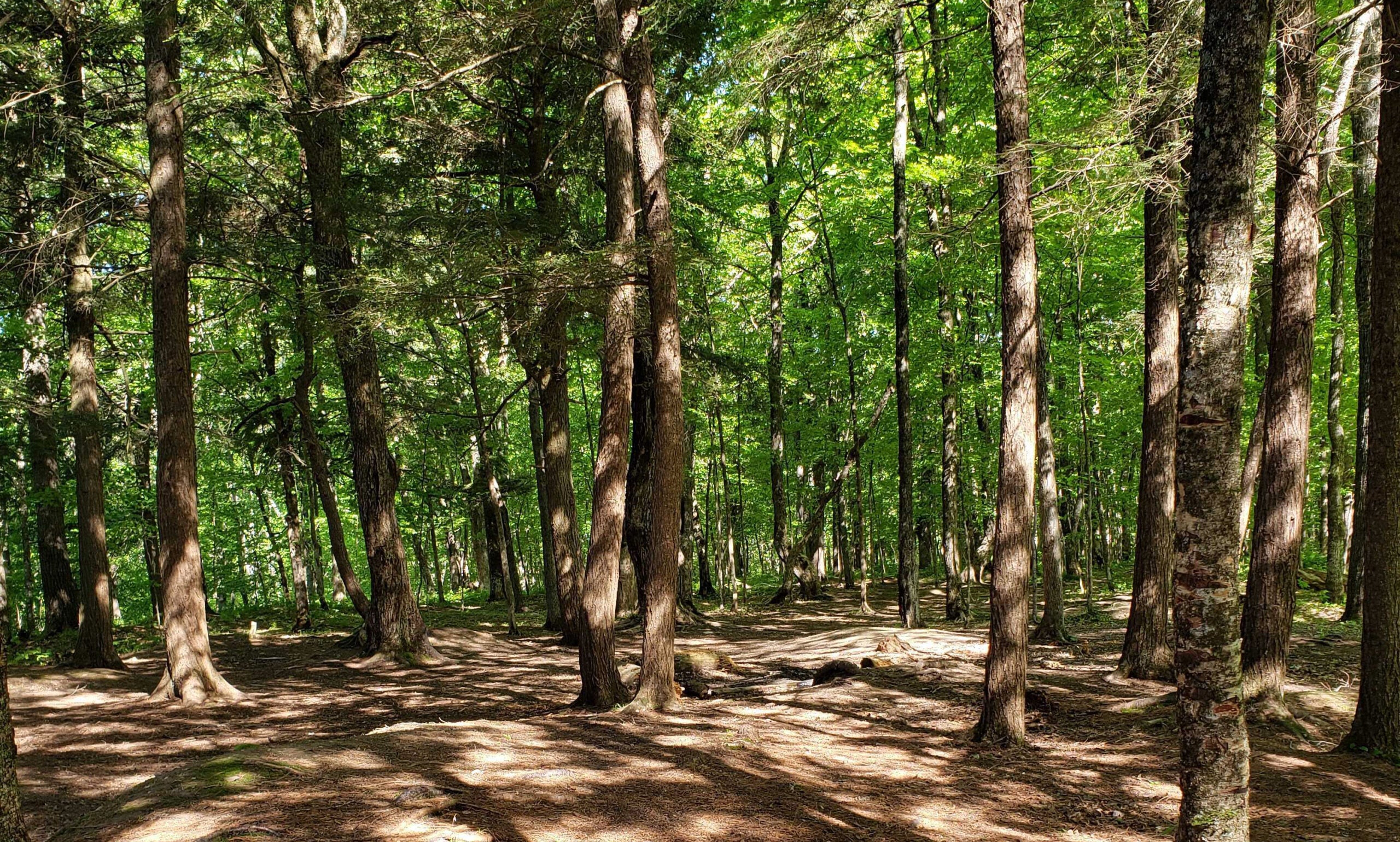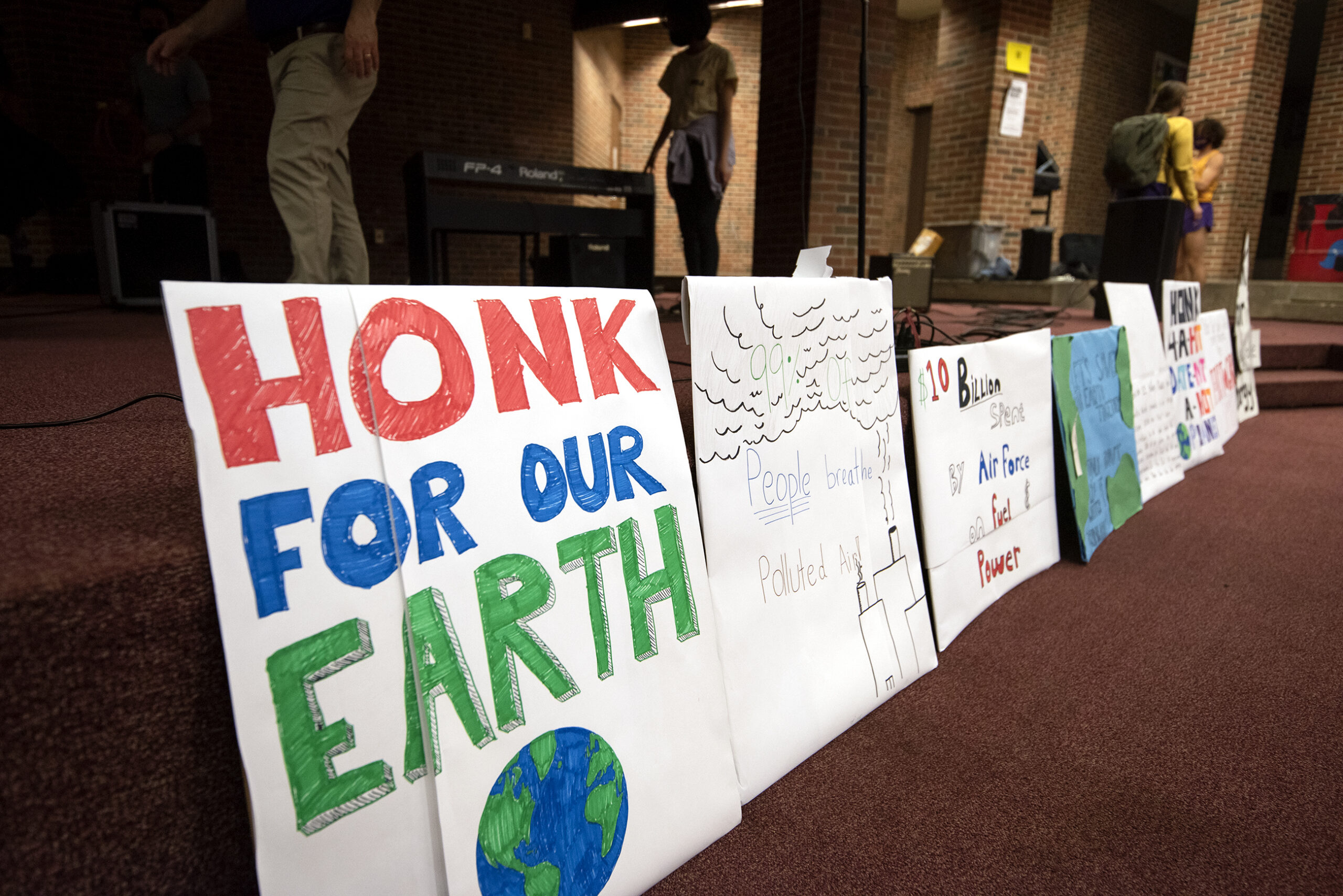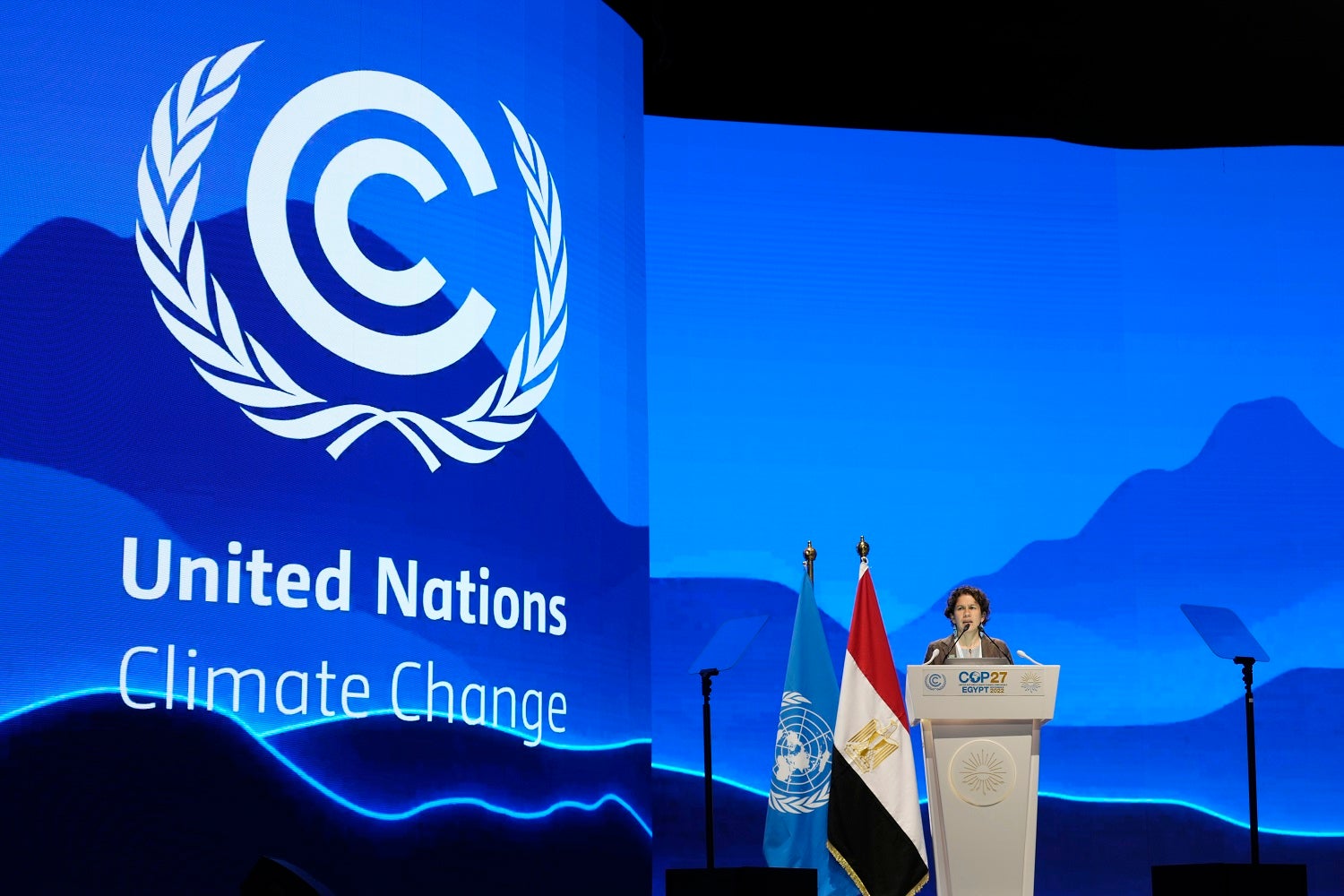A new study shows that only 6% of Americans trust the media. We find out what journalists can do to regain the public’s confidence. We also recap the biggest stories from around the state this week, and for Earth Day, we talk with Gaylord Nelson’s daughter about pressing environmental concerns.
Featured in this Show
-
State News Roundup For April 22, 2016
Governor Walker said this week that he’ll support Donald Trump should he be the GOP presidential nominee. A news editor joins us to discuss this story, and more news from across the state, including a vote on a competitive equity proposal in Wisconsin high school athletics.
-
New Poll Puts Trust In The Media In The Single Digits
A new poll from the Media Insight Project shows that only six percent of Americans say they trust the media. We’ll find out what Americans are looking for from the media and what the media could do better.
-
Earth Day After 46 Years: Its Legacy And What Needs To Happen Next
April 22nd is Earth Day. The designation was established 46 years ago by former Wisconsin Senator Gaylord Nelson. Tia Nelson is an environmentalist and the daughter of Senator Nelson. She joins us on Central Time to talk about the day and what challenges still face the environment.
-
Tia Nelson: 'Good Science Is Crucial To Environmental Protection'
When environmentalist and politician Gaylord Nelson founded Earth Day 46 years ago, he was building on a childhood in small-town Wisconsin with, as his daughter Tia Nelson puts it, “nature as his playground.”
On this Earth Day, Tia Nelson, a long-time environmental activist, recalls stories of her late father canoeing the St. Croix River, fishing in the Namekagon River and exploring the Apostle Islands.
“These were all places he recreated in as a child and they are places that he then dedicated himself to protecting once he was governor and United States senator,” Nelson said.
Reflecting on her father’s legacy as an environmental protector, Nelson is troubled by the dramatic cuts the Wisconsin Legislature has made to science and education funding at the Department of Natural Resources – a point she made when she resigned in 2015 as executive secretary of Wisconsin’s Board of Commissioners of Public Lands.
“You cannot make good public policy to protect public health, to protect our air and to protect our water, if you don’t have good science,” she said, “and if you eviscerate the science division of the very agency that’s been charged with protecting our wellbeing, it’s pretty hard to know and be confident that the environment is going to be protected.”
Nelson also voiced concern that citizens’ right “to appeal their government for redress” has been curtailed.
Nelson highlighted two examples in the Central Sands region where high capacity wells are draining water sources and the unregulated spreading of animal waste is spiking nitrate levels in wells and groundwater.
“This is affecting people’s lives; it’s affecting the value of their property; it’s affecting their public health and, I think, should be of concern to everyone,” said Nelson.
Every citizens has a right to clean air and clean water, stressed Nelson, adding that it’s government’s duty to protect that right.
“We take for granted here in Wisconsin an abundant and beautiful natural resource base, an abundant water supply in so many lakes and rivers,” said Nelson, “and, we can’t take that for granted. I think that would be an important message to think about on Earth Day.”
Episode Credits
- Rob Ferrett Host
- Veronica Rueckert Host
- Chris Malina Producer
- Veronica Rueckert Producer
- Judith Siers-Poisson Producer
- Rob Mentzer Guest
- Tom Rosenstiel Guest
- Tia Nelson Guest
Wisconsin Public Radio, © Copyright 2025, Board of Regents of the University of Wisconsin System and Wisconsin Educational Communications Board.


